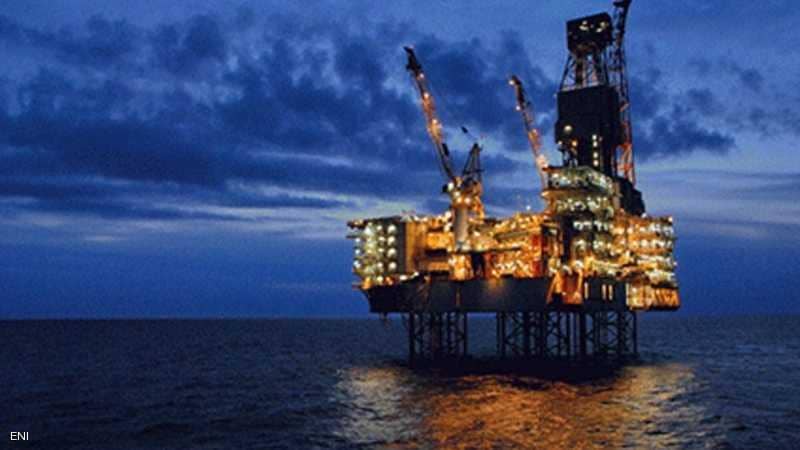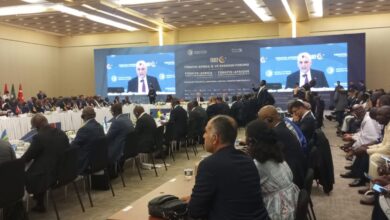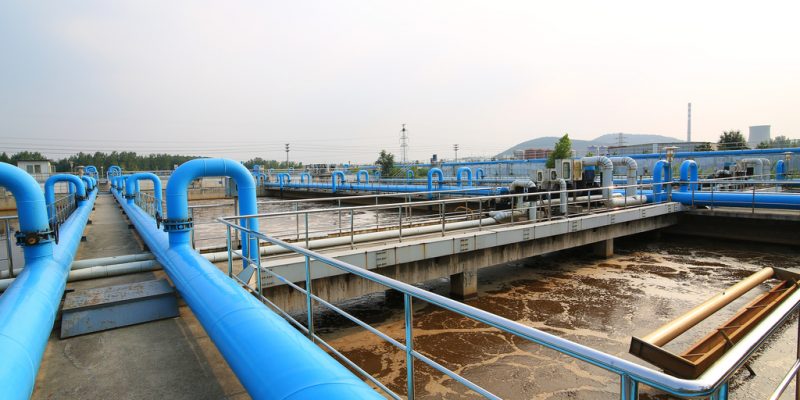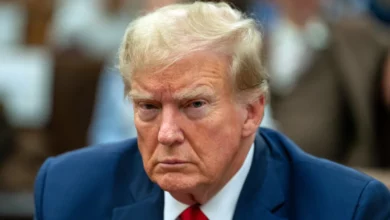The assets under management by the sovereign wealth fund of gas-rich Qatar have far exceeded US$100 billion, Qatar Investment Authority (QIA) board member executive Hussein al-Abdulla said Sunday.
Asked if the assets of the fund have reached $100 billion, Abdulla told reporters they were "much more" but declined to provide a specific figure.
Speaking on the sidelines of the World Investment Forum in the Qatari capital Doha, Abdulla said the fund "will have $30 billion more to invest in 2012."
The Gulf state of Qatar, which has accumulated huge surpluses over the past decade due to high energy prices, has been pursuing an aggressive investment policy, especially in Europe.
Local media reported Saturday that Qatar bought three percent of French energy giant Total, a move welcomed by the company's chief executive Christophe de Margerie.
Abdulla declined to make any comment on the reported deal or any other investment decisions by QIA.
If confirmed, this would be the first time Total has acknowledged that Qatar has raised its stake in the company.
When asked by the Qatari daily Al-Sharq to comment on the Gulf state buying the three percent, De Margerie said it was "a positive step."
Qatari investors have made several major investments in France, buying the Paris Saint-Germain football club, a 5.6 percent stake in building firm Vinci, five percent of utility group Veolia and 10.1 percent in media group Lagardere.
Last week, Qatar Holding, the investment arm of QIA, acquired Smeralda Holding, the owner of luxury resorts on the Italian island of Sardinia.
The deal is the latest in a string of European property acquisitions by Qatar, including the high-profile investments in the upmarket Harrods department store in London and the Credit Suisse headquarters in Canary Wharf.
Abdulla said QIA was now focusing on investments in commodities because "structural changes are happening in the sector and the prices of commodities are likely to go up," in the future.
Qatar, a member of the oil cartel OPEC, last year celebrated raising its production capacity of liquefied natural gas to 77 million tons annually, boosting its position as the world's largest producer. It also pumps around 800,000 barrels per day of oil.




